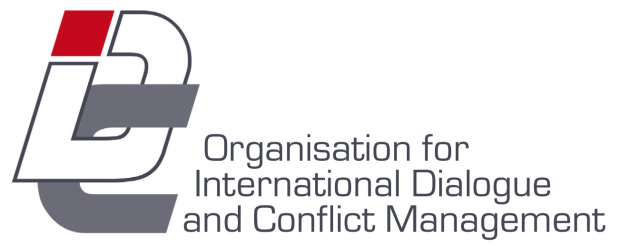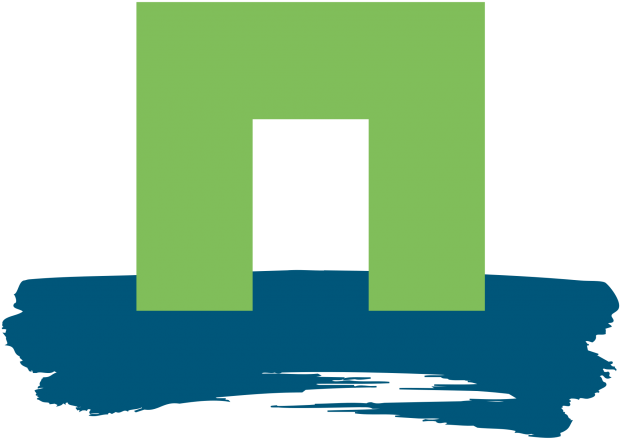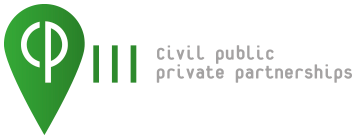Partner institutes
Leibniz-Centre of Agricultural Landscape Research (ZALF)
Institute of Socioeconomics and Institute of Land Use Systems
Eberswalder Straße 84 | 15374 Müncheberg | Germany
www.zalf.de
Contact:
Claudia Sattler [project coordinator]
E: csattler@zalf.de
P: +49 33432 82 439
The Leibniz Centre for Agricultural Landscape Research (ZALF) explores ecosystems in agricultural landscapes and the development of ecologically and economically tenable land use systems. ZALF focuses on highlighting perspectives for the sustainable use of natural resources in the context of the development of rural areas and landscapes. ZALF brings together scientific competence from agricultural science, geo- and biosciences to socio-economics. At its headquarters in Müncheberg, ZALF houses six institutes, several central work groups and facilities to support research. ZALF has been a member of the Leibniz Association since 1992.
The Institute of Socioeconomics addresses issues and problems concerning multi-functional landscape use, integrated landscape management and the sustainable development of rural areas. Key topics involve understanding and supporting decision-making processes and implementation of the decisions taken at farm, regional and political level.
The Institute of Land Use Systems’ research focus is on crop and livestock production and how different production options impact on biodiversity and habitats within agricultural landscapes. Research also relates to the investigation of new approaches and innovative solutions and concepts with regard to agricultural production and land use.
Both institutes pursue an interdisciplinary and transdisciplinary research approach.

Organisation for International Dialogue and Conflict Management (IDC)
Mumbgasse 6/27 | 1020 Vienna | Austria
www.idialog.eu
Contact:
Angela Meyer
E: angela.meyer@idialog.eu
P: +43 1 99 00 8 11
IDC is an independent and non-profit interdisciplinary research association, based in Vienna, Austria. Main research areas are sustainable development, biodiversity, new, emerging and converging technologies, and related social change, societal risks and conflicts. Methodological approaches and activities include inter- and trans-disciplinary research, science communication, knowledge transfer and multi-stakeholder dialogue. IDC has been involved, as coordinator and partner, in several FP6 and FP7 projects, as well as nationally funded projects. IDC is structured in different thematic working groups and connected to international networks and individual experts and researchers.

Wageningen University (WUR)
Department of Environmental Sciences
Environmental Sciences Group
Droevendaalsesteeg 3 | 6708 PB Wageningen | Netherlands
www.wageningenur.nl/esa
Contact:
Rudolf de Groot
E: dolf.degroot@wur.nl
P: +31 317 482247
The Environmental Sciences Group is one of the five Sciences Groups within Wageningen UR (WUR). Environmental Systems Analysis (ESA) is a quantitative and multidisciplinary research field aimed at analyzing, interpreting, simulating and communicating complex environmental problems from different perspectives. ESA’s research combines ecological, economic, technological, and policy perspectives in order to develop new insights in the causes, effects and potential solutions to complex environmental issues. ESA is part of the Department of Environmental Sciences of Wageningen University. Together with the research institute Alterra, the Department of Environmental Sciences forms the Environmental Sciences Group.

